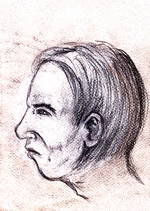How to Pronounce Richard Rorty
#50
Most Popular
Boost
Oct 04, 1931 New York City, New York, United States Died on 08 Jun 2007 (aged 75)
American philosopher
LibraRichard Rorty, Date of Birth, Place of Birth, Family, Facts, Age, Net Worth, Biography and More in FamedBorn.com

American philosopher
Libra